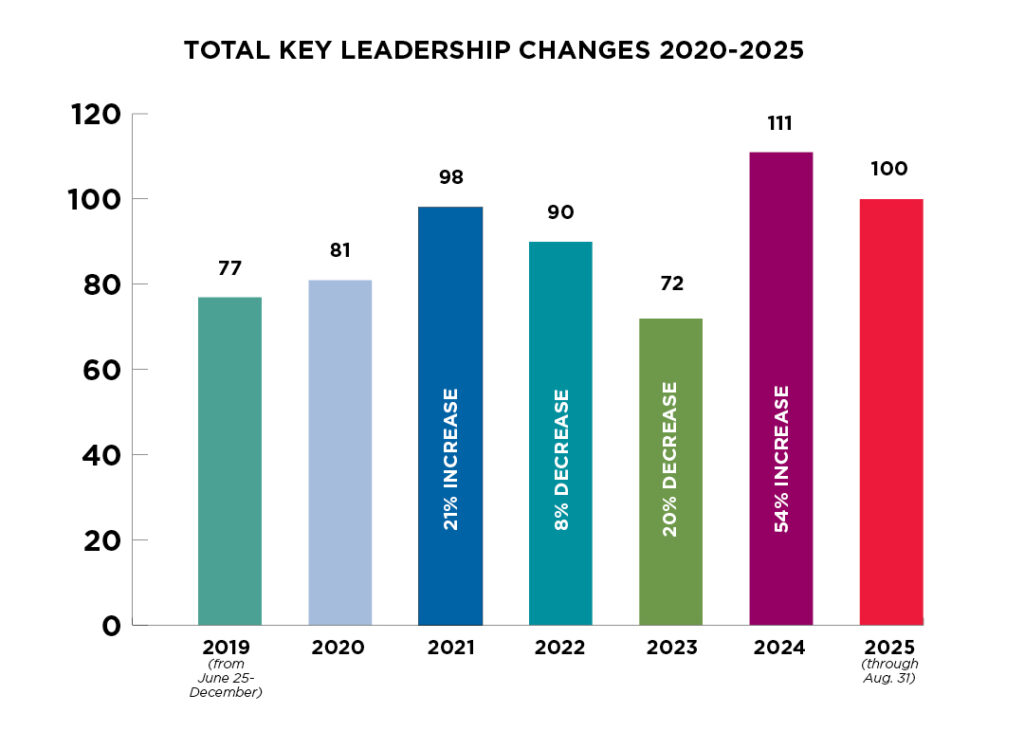The Elbert Files: Do the math on water quality

DAVE ELBERT Feb 6, 2018 | 5:53 pm
3 min read time
607 wordsBusiness Record Insider, Opinion, The Elbert FilesThe water quality bill passed by the Iowa Legislature is a joke.
A little math shows how big the joke really is.
The bill provides $13 million a year for just 12 years. At that rate it will take more than 300 years to solve what experts say is a $4 billion to $6 billion problem.
Three hundred years is a long time. Three hundred years ago there was no United States. The only white people who had been to Iowa were French explorers Jacques Marquette and Louis Jolliet and a handful of fur traders.
The legislators who passed Iowa’s “clean water” bill were what my high school basketball coach, Cecil Spatcher, called “gutless wonders” — players with no plan who lob the ball at the basket whenever they feel like it.
Gutless wonders don’t win basketball games, and they can’t clean up our water.
This is not a new problem. We’ve known about it all of my adult life.
The first evidence of what we now call the “dead zone” in the Gulf of Mexico was reported by shrimp trawlers in the 1950s. No one much cared until the 1970s when scientists determined that the problem was caused by runoff of fertilizer and other chemicals from farm fields.
They said that many of those farm fields were in Iowa, which comprises only 5 percent of the Mississippi River drainage basin but provides roughly 25 percent of the nitrate flow into the Gulf of Mexico.
Even worse, the nitrate pollution flowing out of the Raccoon River watershed, which ends in Des Moines, is among the highest in the United States. That’s why Des Moines Water Works director Bill Stowe raised a ruckus about outdated farming practices in upstream river basins.
At this point, it is pointless to assign blame. Virtually every person who lives in Iowa has done something to contribute to the problem.
Most did it unknowingly, like my grandfather who tiled his fields in Kossuth County back in the 1920s to convert them from marshy wetlands to some of the most productive farmland in the world.
At the time, there was no way he could have known that he was also building a superhighway for transporting nitrogen runoff all the way to the Gulf of Mexico. He just wanted to get the standing water out of his fields.
John J. Elbert died in 1927. He never saw the impact that mechanization had on farming.
As tractors got bigger and combines were introduced, their perpetual churning of the land loosened the soil to the point where too much of it ran easily into rivers when it rained and ended up in the Gulf of Mexico.
To slow soil erosion, farmers applied more fertilizer, which also helped crop yields.
At the time, we did not realize that our abundance was slowly suffocating life downstream.
Today, we are rapidly approaching a tipping point. We don’t have centuries or even decades to fix the problem. We need to begin reversing the process, and we need to do it now.
A majority of Iowans already paved the way by passing a constitutional amendment eight years ago to establish the Natural Resources and Outdoor Recreation Trust Fund. The amendment requires that the next time the sales tax is raised, the first three-eighths of a penny be dedicated to the fund.
All lawmakers have to do is pull the trigger on this preapproved tax increase and $180 million a year is available to begin solving the problem.
When you do the math, $4 billion divided by $180 million is roughly two decades, which is a lot more reasonable than 300 years.









